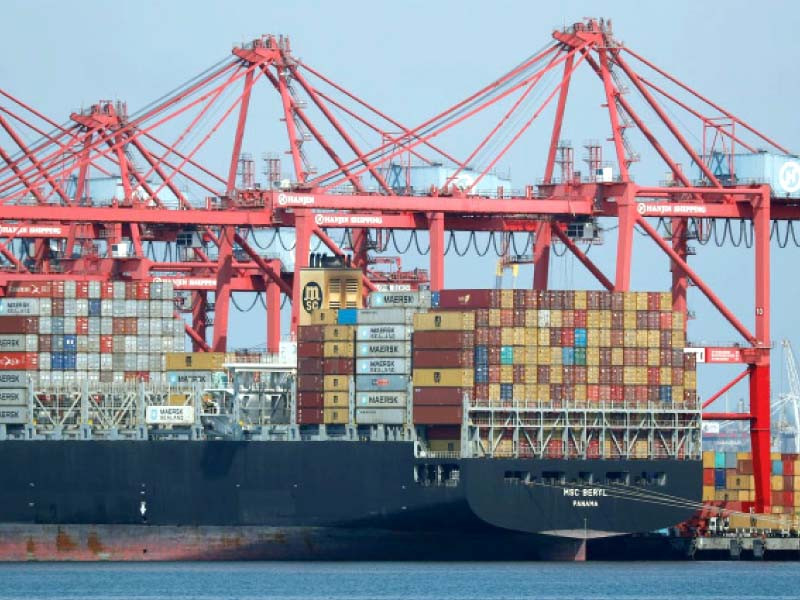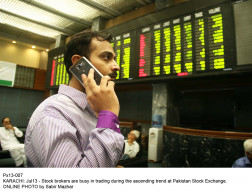
The Ambassador of Ethiopia, Jamal Beker Abdula, has apprised that around seven to ten agreements pertaining to trade promotion, political consultation, defence cooperation, aviation, technology transfer and others will be signed with the government of Pakistan within a month or two to help connect the two countries promote economic exchange.
“Ethiopia is ready to welcome you in trade, investment and tourism, and we are ready to assist and facilitate trade by removing trade barriers,” he added while exchanging views at a meeting during his visit to the Karachi Chamber of Commerce and Industry (KCCI).
“We need to work together and my country is very clear on improving trade and investment ties with Pakistan,” added Abdula.
The Korangi Association of Trade and Industries (KATI) President, Farazur Rehman noted that, “Ethiopia’s economy is import-driven and its dynamics are akin to Pakistan.”
“Trade with Ethiopia will also open pathways to other emerging African markets. Pakistan needs to focus on African countries and other emerging markets to reduce dependence on developed economies,” he emphasised.
The ambassador further stated that Ethiopian Airlines, which has been operating in 127 destinations, will soon be flying to Karachi as well and the crew of the airline was ready.
“We are also working on the modalities so that goods can be directly transited from Gwadar to Modjo Dry Port in Ethiopia,” he added.
While appreciating KCCI’s eagerness to enhance trade and investment ties with Ethiopia, Abdula pointed out some obstacles to greater engagement between the two countries.
“Despite political will on both sides, lack of information and lack of relationships have created a gap between Ethiopia and Pakistan. Henceforth, business communities in both countries will have to come forward so that trade and investment ties can be increased,” commented Abdula.
The Union of Small and Medium Enterprises (UNISAME) President, Zulfikar Thaver opined that, “Ethiopia can prove to be a profitable market for Pakistani goods like rice, textiles, light engineering, leather goods, sports goods, surgical, cutlery and even general merchandise. Likewise, Pakistan can import items like cashew nuts, desiccated coconut, spices like cinnamon, cloves, coriander, herbs and crude drugs.”
In his visit to KCCI, Abdula announced the appointment of Ibrahim Khalid Tawab as Honorary Consul General of Ethiopia in Karachi to bridge the gap between the business communities of the two friendly countries.
Businessmen Group (BMG) Chairman, Zubair Motiwala urged “The two countries must focus on improving people-to-people and business-to-business contacts. At the same time, mutually beneficial policies, regulations and frameworks need to be devised to achieve this goal”.
“The meagre trade volume of just $9 million between the two countries amounts to nothing. We have to collectively explore what more can be exported to Ethiopia and imported to Pakistan. We are in a perfect position to provide textile products to Ethiopia with excellent quality and at a better price as compared to what India has been exporting to them,” he added.
Referring to the “Look Africa” program initiated by the government, Motiwala explained that the purpose was to “diversify Pakistan’s exports, which remain mostly confined to the United States and the European Union.
KCCI President, Muhammad Tariq Yousuf said that the “lack of a banking channel has been a main hurdle in expanding trade between the two countries.”
Yousuf noted that “Ethiopia has been importing a lot of items from India and China which can also be provided by Pakistan, particularly textiles and pharmaceutical products. Any trade inquiry or requirement reaching the Ethiopian embassy may be forwarded to KCCI and the same will be disseminated not only amongst KCCI members but to all other trade associations nationwide so that our exports can be improved,” he suggested.
Published in The Express Tribune, October 18th, 2022.
Like Business on Facebook, follow @TribuneBiz on Twitter to stay informed and join in the conversation.


1731637727-0/Bear--(1)1731637727-0-165x106.webp)

1731619853-0/ice-cream-(1)1731619853-0-165x106.webp)













COMMENTS
Comments are moderated and generally will be posted if they are on-topic and not abusive.
For more information, please see our Comments FAQ